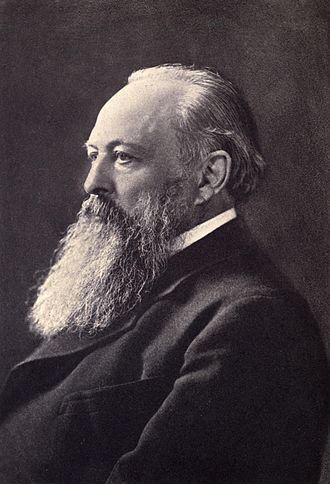Acton, John

BIO: (1834-1902) British historian and lord. Because he was catholic he was denied from studying at the University of Cambridge, so he studied at the Ludwig Maximilian University of Munich in Germany. Acton became a professor of history at Cambridge University in 1895. He was the editor of the Catholic magazine, The Rambler. He dealt with the problems of the nation, freedom, the relationship between the state and the church, as well as the French Revolution. Acton had a pessimistic view of human nature, as he believed that all people desire to express power and domination over other people. To prevent this tendency, society has to place a limit on the authority any single person or institution can have. Besides the inherent tendency of people to have power, power itself corrupts those who wield it and brings the worst out of people – arrogance, vanity, masochism, egoism, etc. Acton's quote (by which he is most renowned) “Power tends to corrupt; absolute power tends to corrupt absolutely” illustrates the best the corrupting side of power. He criticized the concentration of power in the hands of the central government, and that is why he was critical of the French Revolution, but praised the American Revolution as it was based on ideals of individual liberties and freedoms, and it created a government that had checks and balances. Several collections of his essays and lectures were published posthumously as edited books.
Fields of research
Authority Christianity Church Civil Society Conservative Ideology Corruption Democracy Dictatorship Domination Egalitarianism History Human Nature Ideology Individualism Law Leaders Liberalism Politics Power, Political Revolutions StateTheoretical approaches
Conservatism, SocialMain works
Historical Essays and Studies (1907);
Lectures on French Revolution (1910);
Essays on Freedom and Power (1948);
Essays on Church and State (1952).

